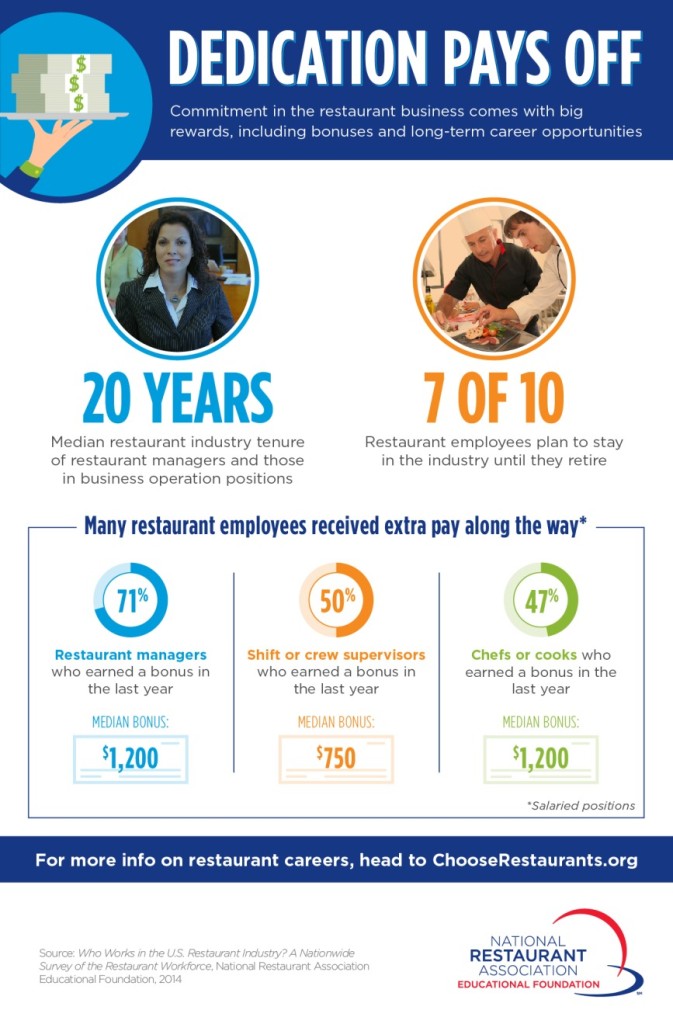 Last week I was talking with some folks about using compensation to drive employee behavior, and it occurred to me that I have never shared anything about that topic here. While I might not be the world’s foremost expert on the topic, I do have a few basic principles that I have relied on over time. The thing that I would like to note is that these apply to organizations of virtually any size. Even small companies (I’m looking at you, Mr/Ms HR Manager of a company with less than 250 employees) can incorporate these elements into their compensation planning without too much stress.
Last week I was talking with some folks about using compensation to drive employee behavior, and it occurred to me that I have never shared anything about that topic here. While I might not be the world’s foremost expert on the topic, I do have a few basic principles that I have relied on over time. The thing that I would like to note is that these apply to organizations of virtually any size. Even small companies (I’m looking at you, Mr/Ms HR Manager of a company with less than 250 employees) can incorporate these elements into their compensation planning without too much stress.
The other caveat I want to mention up front: money is not always a motivator for everyone. We want to instantly think that we can drive performance or discourage behaviors through monetary incentives. While that may be the case at times, it’s also worth noting that we humans are unpredictable creatures. That’s why motivation discussions are based on theory, not law. We have laws of physics. We have theories of motivation. Keep that in mind. If you implement something we talk about today and it doesn’t work, feel free to change it. It’s about finding what works for your organization and your people.
Everyone Needs a Variable Element
When it comes to compensation we have two basic elements: base pay and variable pay. Base pay is what someone earns as a condition of their employment. The fun comes when we start talking about variable pay, its elements, and how to use those pieces to really drive the behaviors we’re looking for in the workplace.
The most common area we see this in is for sales professionals. Base+Commission is the longstanding model, and it’s fairly easy to understand. What’s more difficult is figuring out how that sort of structure applies to other professionals, such as engineers, accountants, clerical staff, or even HR. How can you implement that?
A Few Types of Variable Pay
So, what types of variable pay might you commonly see? Here are a few:
- Bonuses
- Profit sharing
- Deferred compensation
- Group incentives
Each of these types can be combined and/or configured in a wide variety of ways to target specific jobs, types of workers, and even company culture. Test, measure, and revise as necessary.
How to Afford It
One of the first hurdles I always face when it comes to getting management on board with a compensation change is pretty obvious:
Can we afford it?
The good thing about incentive compensation that is tied to performance metrics like sales or profitability is yes, you can afford it. Here’s a good illustration for how that works.
Imagine that your friend has a lemonade stand valued at $5,000 that you want to purchase. You could go out and get a loan for $5,000 to buy it, but that increases your risk (what if you don’t have the cash flow to make the payments?) and jeopardizes the future operation of the business. The smarter, and less risky, way is to negotiate a purchase price that comes from periodic payments of net profits. If your net profit runs $1,000 per year, you’ll pay for the business over five years, but you are not at risk if there is a downturn in the market–it just takes longer for the final payoff.Â
Variable compensation tied to business performance is the same thing. You are only on the hook for paying out when the business performance is good enough to cover the increased compensation costs.
This is identical to the fixed/variable cost discussion as it pertains to economics as well. Your fixed costs (base pay) will be there always. The variable costs/compensation will only be applicable if certain conditions are met. That, my friends, is how you afford it. You structure the incentives so that the growth in revenue/sales/profit/productivity/whatever-you-choose is enough to cover the cost of the incentive compensation.
This Hinges on Performance
If you haven’t already figured it out, this setup is going to require something that might not already be in place. We have to be able to properly measure performance for our staff in order to compensate them appropriately. If you’re not willing to measure performance and hold people accountable for it, then you might as well scrap this whole incentive compensation thing before you even start.
But if you are willing, then you need to try to find some objective metrics to tie into the jobs you’re trying to create incentives for. That’s a whole other discussion for another day, but in the initial planning and setup you’ll need to determine those performance objectives, because those are the basis for who earns variable compensation, how much they earn, when they earn it, etc. This is important, because you have to be offering incentives for the right thing.
It’s easy to focus on rewarding people for following the process instead of rewarding them for actually achieving the desired results. Be careful about that common trap.
Check out the free employee performance management guide for more on the whole performance topic, if you’re interested.
Shorten the Distance
There are two things that I have observed with incentive compensation that really help to drive results, and they have to do with control and reaction time.
- Control–the more influence a person has on their work and subsequent performance, the more likely they will work toward the incentives placed before them
- Reaction time–the less time a person has to wait between the activity and the reward, the better. Here’s an example of that playing out with a group of nine year olds.
If you can shorten the distance so employees have more control and a shorter reaction time, the rewards will be more meaningful.
Money Isn’t Everything
As I wrote about a while back, there are some great things that motivate people at work other than money. Sometimes it’s easier to assume money will work in all cases, but it’s often a more complex arrangement of details that ultimately drives people to do (or not do) things at work.
Do you currently use incentive based pay? How is it working for you? What types of positions do you use it for?Â



